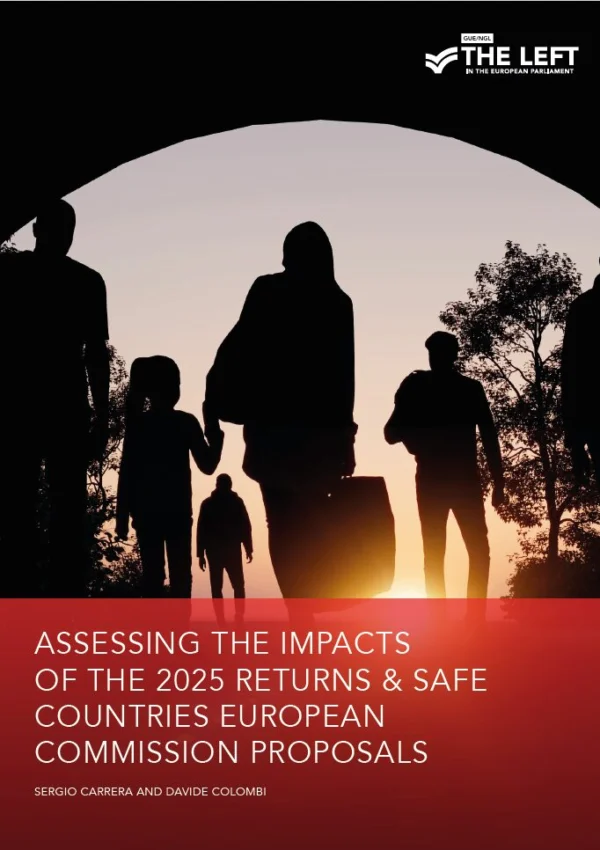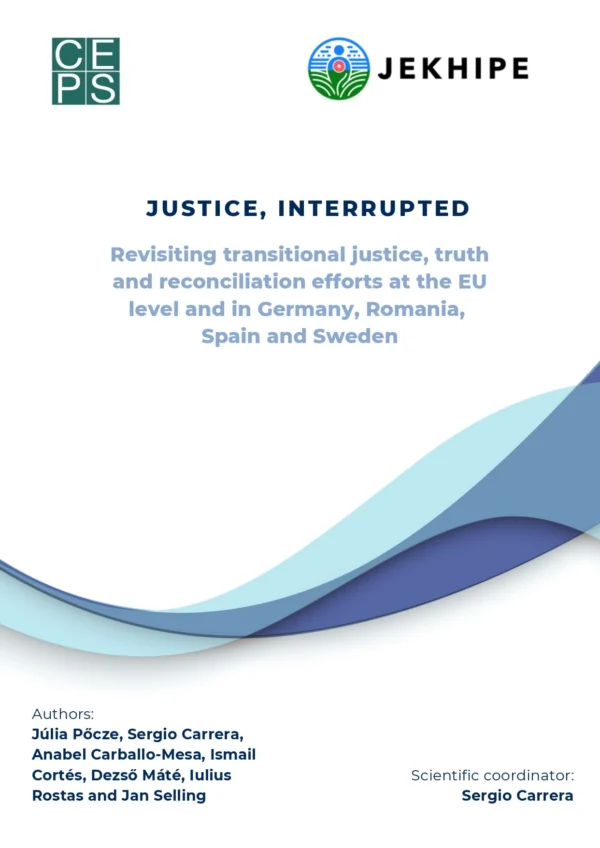Crime fighting in Europe and across the Atlantic increasingly relies on the possibility for law enforcement actors to gather electronic information held by providers of cloud and telecommunication services. In the digital age, access to data sought in the framework of a criminal investigation often entails the exercise of prosecuting powers over individuals and material that fall under another jurisdiction.
Mutual legal assistance treaties, and the European Investigation Order allow for the lawful collection of electronic information in cross-border proceedings. These instruments rely on formal judicial cooperation between pre-identified competent authorities in the different countries concerned by the investigative measure. By subjecting foreign actors’ requests for data to domestic independent judicial scrutiny, they guarantee that the information sought during an investigation is lawfully obtained and admissible in court.
At the same time, within the EU and in the US pressure is mounting to allow law enforcement authorities’ access to data outside existing judicial cooperation channels. Initiatives such as the European Commission’s latest proposals on electronic evidence and the CLOUD Act in the US foster a model of direct private–public cross-border cooperation under which service providers receive, assess and respond directly to a foreign law enforcement order to produce or preserve electronic information.
This report scrutinises these recent EU and US initiatives in light of the fundamental rights standards, rule of law touchstones, and secondary norms that, in the EU legal system, must be observed to ensure the lawful collection and exchange of data for criminal justice purposes. A series of doubts are raised as to the Commission proposal and the CLOUD Act’s compatibility with the legality, necessity and proportionality requirements provided under EU primary and secondary law.
Marco Stefan is a Research Fellow within the Justice and Home Affairs Section at CEPS. Gloria González Fuster is a Research Professor and a member of the Law, Science, Technology & Society Research Group at the Vrije Universiteit Brussel.










